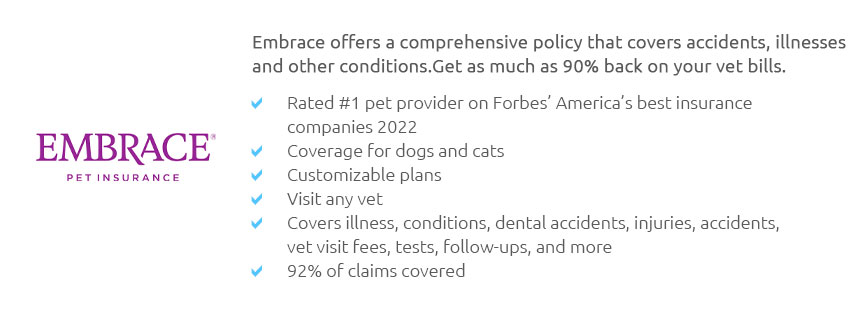 |
 |
 |
 |
 |
 |
|
 |
|
 |
|
 |
|
 |
|
 |
 |
 |
 |
 |
 |
 |
 |
Understanding Pet Insurance for Life: A Comprehensive GuideAs pet owners, we often find ourselves in a continuous quest to provide the best care possible for our furry companions. Pet insurance for life is a topic that frequently surfaces in discussions among pet enthusiasts, offering a safety net that ensures our beloved animals are protected throughout their entire lifespan. In this article, we delve into the nuances of lifetime pet insurance, exploring its benefits, potential drawbacks, and real-world applications, to provide a well-rounded perspective for those considering this option. First and foremost, the primary appeal of lifetime pet insurance lies in its promise of enduring coverage. Unlike time-limited or condition-capped policies, lifetime insurance guarantees that as long as the policy is active, your pet will be covered for ongoing illnesses or conditions that may arise during their lifetime. This aspect is particularly crucial when dealing with chronic conditions such as diabetes or arthritis, which require continuous treatment and medication. By offering coverage that renews every year, lifetime policies ensure that your pet's health needs do not become a financial burden over time. However, it's essential to understand that not all lifetime pet insurance policies are created equal. The cost can vary significantly based on factors such as your pet's breed, age, and even location. For example, insuring a young Labrador in a rural area may be less expensive than covering an older Persian cat in an urban setting. Thus, it is advisable to compare different providers and carefully read the policy details to ensure that the coverage aligns with your pet's specific needs.
Another crucial aspect to consider is the policy's specifics regarding the coverage of hereditary conditions, which are often prevalent in purebred animals. Policies that include these conditions without additional costs can be a worthwhile investment, particularly for breeds known for specific genetic issues. In conclusion, while lifetime pet insurance can be a valuable investment, offering continuous coverage and financial reassurance, it is not without its complexities. Thorough research and comparison of different policies are vital steps in making an informed decision. Engaging in conversations with veterinarians and fellow pet owners can also provide insights and firsthand experiences that might influence your choice. Ultimately, the decision should reflect a balance between your financial capabilities and the commitment to your pet's long-term health and well-being, ensuring that you and your furry friend enjoy many happy years together. https://www.petsure.com/pet-insurance
Find the best pet insurance policy for your pet. Lifetime cover up to 15k vet fees. No upper age limit. Cover for pre-existing conditions. https://www.petplan.co.uk/pet-insurance/insurance-advice/covered-for-life-vs-time-limited/
How it works. Our Covered For Life plan provides ongoing help with vet bills. There is a choice of either 4k, 7k or 12k for vet bills every year. icon down. https://insurify.com/pet-insurance/knowledge/pet-life-insurance/
With pet life insurance, you can cover funeral and end-of-life expenses for your furry family member. Here's what you need to know about pet life insurance.
|